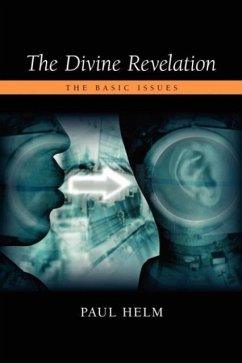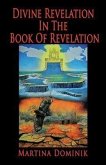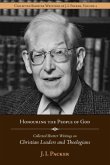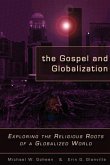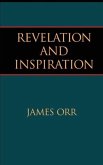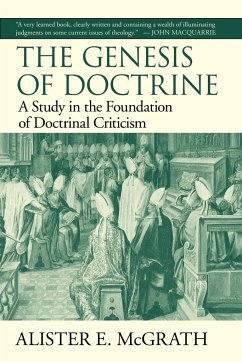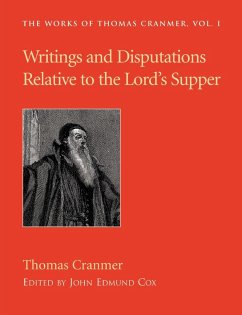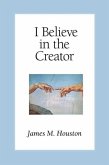The Holy Scriptures are fundamental for Christianity, providing the basis for faith and morality. They are supremely important because they contain divine revelation. Christians speak of them as the "Word of God." In this study Paul Helm, an experienced philosopher, brings his expertise to bear on such expressions as "infallible," "Word of God," and "propositional revelation," which are in common usage in contemporary Christianity. His aim is to help Christians know what they are claiming when they use these a similar words and phrases. He has performed an indispensable task for all who take the Bible seriously. Paul Helm is J.I. Packer Professor in Theology and Philosophy at Regent College in Vancouver, British Columbia. Formerly he was Professor of the History and Philosophy of Religion at King's College. He has also served as President of the British Society for the Philosophy of Religion. He the author of many books, including The Providence of God, Calvin and the Calvinists, and Eternal God.
Hinweis: Dieser Artikel kann nur an eine deutsche Lieferadresse ausgeliefert werden.
Hinweis: Dieser Artikel kann nur an eine deutsche Lieferadresse ausgeliefert werden.

